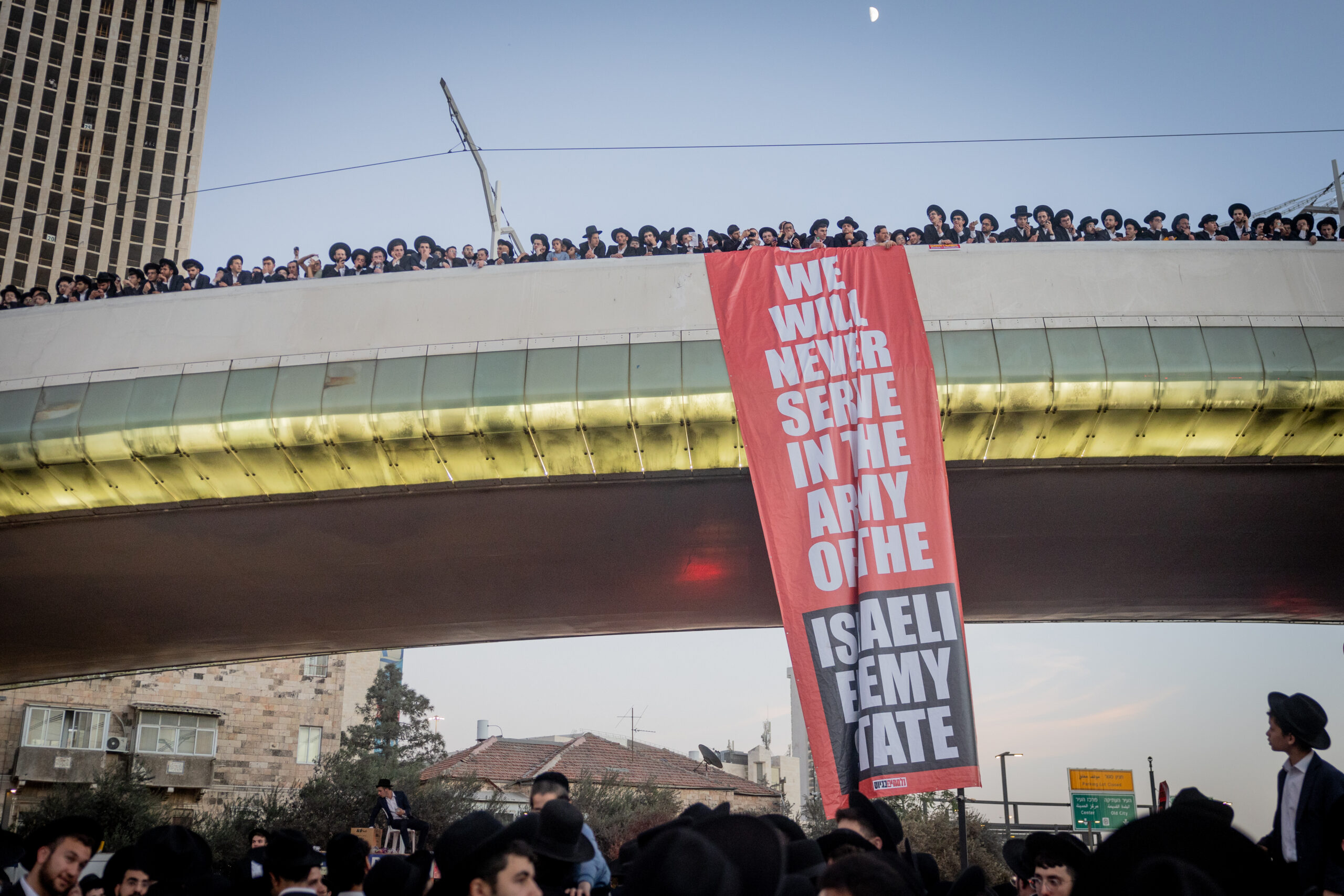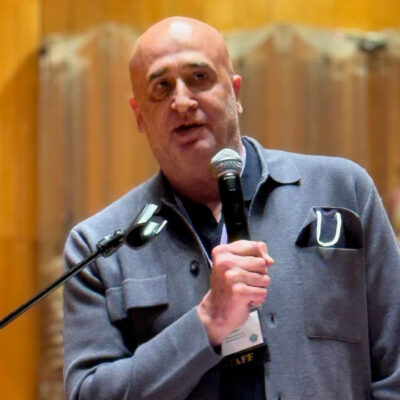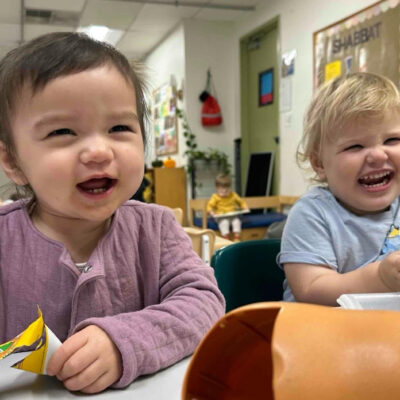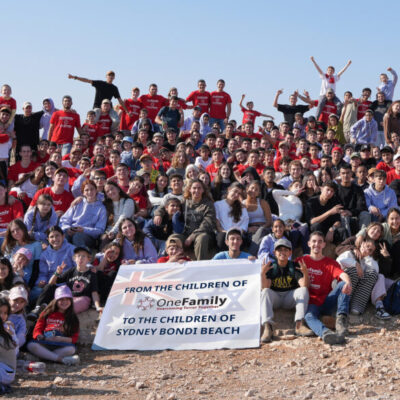Opinion
A National Catalyst for Jewish Education
 By Marcie Orley
By Marcie Orley
When we ask our local Federations what is most important to them – what the single highest priority is for their communities – the response is nearly unanimous. Across North America, local leaders know that nothing is more important than the success of Jewish education. Local Federations reflect this by devoting 30 to 50 percent of their domestic budgets to education, which is either their top or second largest area to which they allocate funds.
In this prioritization, they are heirs to centuries-old traditions of making learning a central focus of Jewish life. Each Federation community proudly has talented, passionate, and caring teachers and administrators engaged with students and families in synagogues, day schools, camps, special education programs, and other informal educational experiences, including trips to Israel.
However, as educators innovate in their respective areas and at their home institutions, it is becoming increasingly imperative for representatives from all of these communities to come together to share ideas and to consider ways that their collective impact builds upon their individual achievements.
By working together, local Federations can participate in national conversations about Jewish education, engage with the many stakeholders working in this arena. They can strengthen efforts in local communities, and link those efforts with others throughout our communities.
It is no secret that Jewish education – and indeed education more broadly in this country – faces enormous challenges that must be met boldly and creatively. In a tough economy, resourcefulness is vital, and with the changing nature of community and the proliferation of digital tools that revolutionize both access and teaching methods, educational institutions of all sorts have to be more open than ever to change. It will likely take a generation to solve some of the larger issues that relate to Jewish education, which is why it is vital to invest now, for today’s learners and tomorrow’s, to devote time and the resources to creating a plan of action.
After meeting to discuss the need for a collective Jewish educational catalyst, the 28 federations that make up the National Federation/Agency Alliance recommended the formation of a new Jewish Education and Engagement Planning Unit within the Jewish Federations system. That unit was approved recently by JFNA’s Executive Committee.
The unit will foster relationships and partnerships between federations, as well as with key outside organizations that are devoted to fostering Jewish education. Additionally, it will commission studies and convene experts to examine issues that are important and common to local federations, and it will inspire and mediate collective attention and action.
In so doing, JFNA – which represents 152 Jewish federations and more than 300 communities – will help local federations harness and grow the important educational work they are already doing. This national Jewish educational unit will provide direction, guidance, and resources to local federations; offering a macrocosm of the leadership that the local federations bring to their individual communities.
With a focus as vast and varied as Jewish educational programs in the United States and Canada, it will be very important for the Jewish Education and Engagement Planning Unit, with the assistance of an active lay advisory committee, to prioritize a strong focus on one or two main projects which it can realistically and effectively tackle within its first two years.
With a commitment of three years of funding from the National Federation/Agency Alliance the unit is poised to catalyze existing successful programming and staff. JFNA will oversee the new unit and will look to local leaders, and partner with other stakeholders in the Jewish education field, to enable implementation of its plans.
There are those who may question adding this new effort to the Jewish Federations’ very full plate of issues and agendas. The challenges of addressing and contributing to the Jewish education agenda are not new. But the reality is that Jewish Federations are in this business, substantially so as measured by the resources they invest in many formal and informal education and engagement programs. The importance of our strengthening that work through collective learning and action only grows greater as we reflect on the demographic realities captured by last year’s Pew research study on the American Jewish community.
Rabbi Tarfon teaches “It is not incumbent upon you to finish the task, but neither are you free to absolve yourself from it.” It is most certainly the work of a generation; so we should make a start.
Marcie Orley is chair of the National Federation/Agency Alliance.

 Add EJP on Google
Add EJP on Google










